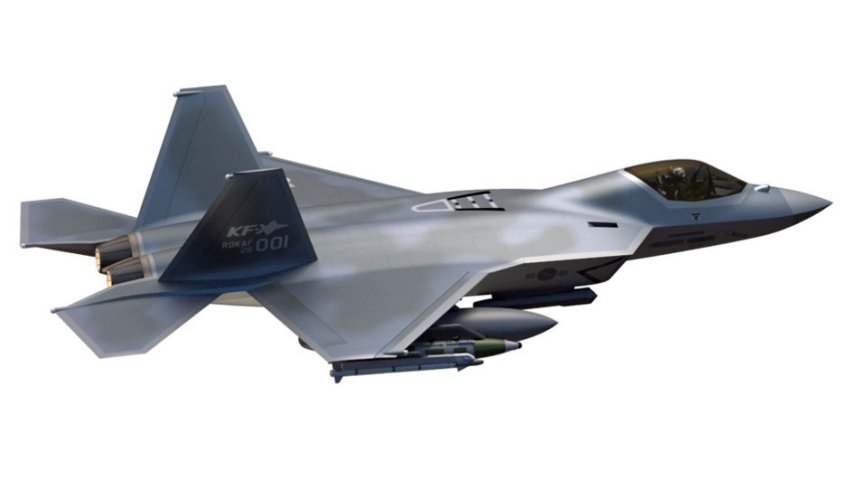
Indonesia has begun renegotiating its involvement in the KFX/IFX fighter programme. (Korea Aerospace Industries)
A delegation comprising officials the South Korean government has arrived in Jakarta to renegotiate Indonesia’s participation in a programme to jointly develop and build the Korean Fighter Xperiment/Indonesia Fighter Xperiment (KFX/IFX) aircraft.
According to information and documents supplied to Jane’s on 23 January by a source from the Indonesian House of Representatives’ commission on defence, intelligence, and foreign affairs (Komisi I), a meeting to discuss the programme was held over two days from 24 January.
Attending the meeting on behalf of Jakarta were a team of representatives from state-owned aerospace company PT Dirgantara Indonesia (PTDI); the Indonesian Ministry of Defence; and the Co-ordinating Ministry for Political, Legal, and Security Affairs (POLHUKAM).
The document that was provided to Jane’s , which gives details of the points of discussion that were raised at the meeting, also indicates that Indonesia was expected to propose an extension to its payment obligations under the programme to 2031.
To further lessen the burden on its national defence budget, Indonesia was also expected to propose making payments for the programme via counter-trade deals instead of cash; similar to the strategy it is pursuing in the acquisition of Su-35 fighter aircraft from Russia.
Additionally, Jakarta pushed for greater intellectual property rights over technologies developed in the programme with a view to commercialise them in the future.
Under the original KFX/IFX finance agreement signed between the two countries in 2015, Indonesia is obliged to pay for 20% of the programme’s total development costs, which is estimated to be about USD8 billion. Meanwhile, the South Korean government will pay 60% of the costs, with KAI covering the remaining 20%.
Looking to read the full article?
Gain unlimited access to Janes news and more...




